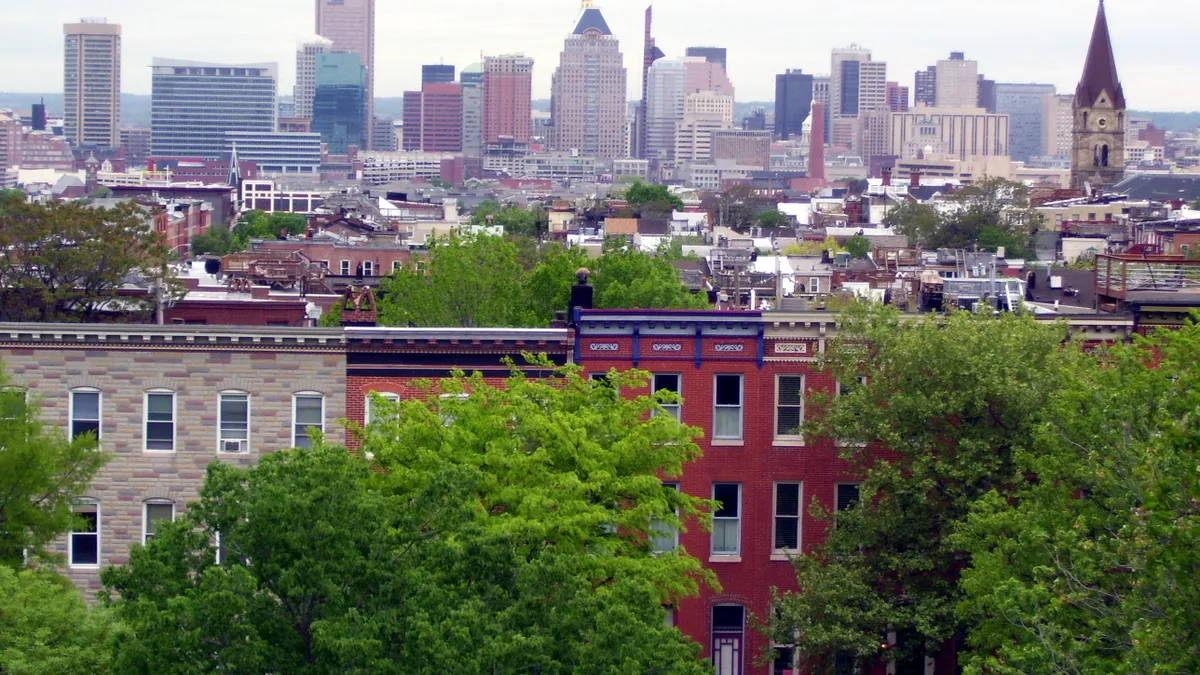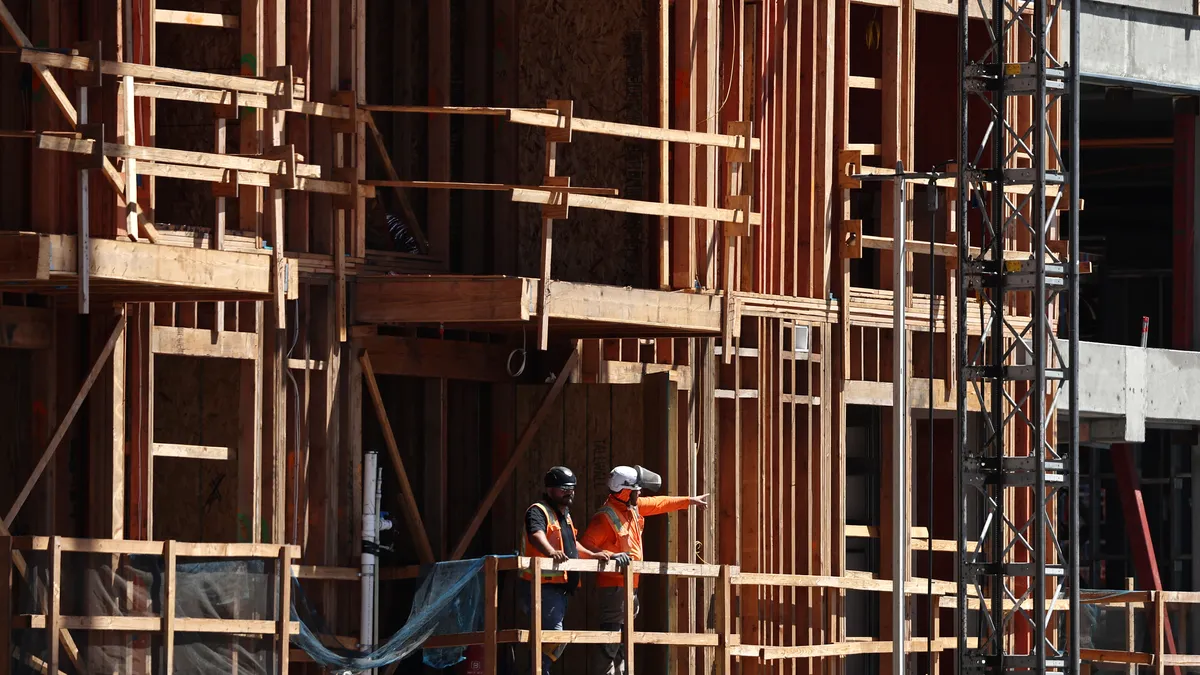Dive Brief:
- Researchers from the University of Maryland (UMD) recently surveyed residents of West Baltimore to determine what they believe is necessary to make Baltimore a "smart city." The Baltimore Business Journal reports the researchers shared their findings at an information session on Thursday.
- The findings indicated that many residents want expanded Wi-Fi networks. Only 39% of surveyed residents have internet access on their home computers, while 68% access the internet on their cell phones to search for jobs, complete homework or stay connected to the community. Additionally, 59% of surveyed residents emphasized the importance of public safety.
- The research is supported by a $100,000 grant from the National Science Foundation. UMD, along with University of Baltimore, Morgan State University and Johns Hopkins University, will continue to conduct research in Baltimore to determine best steps toward becoming a smart city.
Dive Insight:
Though its been reported that these findings are of a small sample group and just preliminary, this research is a necessary step forward for the city to strategically decide how to best invest its time and money. The Baltimore Sun reports that Shonte Eldridge, the city’s deputy chief of operations, said Baltimore is behind other cities in terms of its "smart" status, and action will need to be taken in many areas outside of Wi-Fi and broadband — including air quality and mobility.
The need for Baltimore to play catch up is not lost on Mayor Catherine Pugh. In February, she unveiled a draft of the city's first "Inclusive Digital Transformation Strategic Plan" to help close the digital divide and position Baltimore as a tech hub through focuses including public safety, education, economic development and jobs.
The results of this preliminary survey, however, indicate there is a lot of work that needs to be done to bridge this digital divide — starting simply with increased Wi-Fi access. Baltimore is already ranked as a top city for women in tech, though by focusing on more demographics, including low-income families, the city hopes to increase tech opportunities for all residents.
In June, Pugh also took the stage at the Women in Smart Cities Forum in Washington, DC to discuss the importance of strong leadership. "If leadership leads, then opportunity prevails," Pugh said at the forum. "You have to see problems as assets ... When you think you're in a predicament, you're really not if you really value what you have."
As Baltimore works to climb the ranks toward a "smart city" status, its success will be dependent on the leadership of Pugh, Eldridge and other stakeholders who must come together to represent all people of Baltimore.











